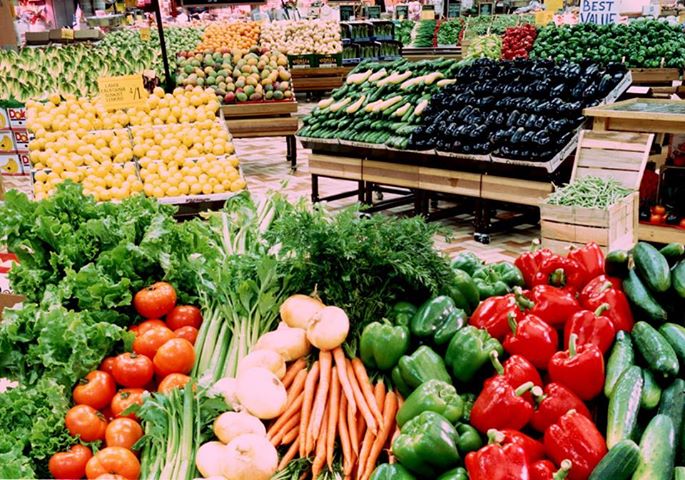
In a move to mitigate the impact of rising inflation and preempt nationwide protests, the Federal Government of Nigeria, through the Nigeria Customs Service (NCS), has announced the suspension of import duties and taxes on selected essential food items.
This initiative aims to make these goods more affordable and accessible to Nigerians, thereby easing the economic burden faced by many households.
Comptroller General of the NCS, Mr. Adewale Adeniyi, revealed this development on Tuesday, emphasizing the government’s dedication to addressing inflationary pressures and reducing hunger in the country.
Register for Tekedia Mini-MBA edition 19 (Feb 9 – May 2, 2026): big discounts for early bird.
Tekedia AI in Business Masterclass opens registrations.
Join Tekedia Capital Syndicate and co-invest in great global startups.
Register for Tekedia AI Lab: From Technical Design to Deployment (next edition begins Jan 24 2026).
“We are committed to implementing this measure seamlessly to address the problem of hunger in our nation,” he added.
The decision comes amidst a global trend of inflation affecting economies worldwide, including Nigeria, and is part of a broader effort to stabilize the domestic economy.
Economic and Trade Reforms
In addition to the suspension of import duties, the NCS has streamlined its export processes to facilitate the efficient movement of Nigerian goods to international markets. This includes the introduction of advanced ruling systems, authorized economic operators, and a time-release study.
These measures are designed to enhance trade efficiency, stimulate economic growth, and open up new opportunities for Nigerian farmers, artisans, and entrepreneurs.
Mr. Adeniyi highlighted that these reforms aim to provide local producers with a quicker pathway to global markets, which is expected to benefit their families and communities significantly. He also noted that the NCS is intensifying efforts to combat the proliferation of arms and dangerous weapons through Nigeria’s land, sea, and airports, as part of broader security measures.
NCS as a Revenue-generating Agency
The announcement to suspend import duties on essential food items is seen as part of the government’s attempts to quell the planned nationwide protests scheduled for August 1. The protests, organized by various civil society groups, are in response to the government’s economic policies, which many believe have exacerbated inflation and economic hardship.
Nigeria has been grappling with high inflation rates, which have been significantly influenced by high customs clearing costs. The exchange rate for import duties collection by the NCS recently escalated to N1601.84/$, reflecting the exchange rate following the naira’s depreciation. This rate is the lowest since March 14, 2024, when the naira was at N1,608.98 to $1. The situation has led to increased prices of imported goods, thereby contributing to the overall inflation rate.
Economists have expressed concern over the Nigerian government’s strategy of converting the NCS into a revenue-generating agency. The situation has led to higher customs duties and levies, which are often passed on to consumers in the form of higher prices for goods and services. The high cost of clearing goods in Nigeria has been identified as a major contributor to the country’s high inflation rate.
“This policy has never really made sense to me. We are dealing with high inflation, exchange rate instability, and reduced purchasing power among citizens,” a concerned Nigerian, Alli-Balogun Lekan, said. “The government has a tool that could potentially reduce the cost of goods in the country by as much as 20-30%, yet they are not utilizing it. What is the point of generating huge revenue if it is only spent on palliative measures that benefit just a few?”
However, the decision to exempt some essential food items from import duties has been met with mixed reactions. While some view it as a necessary step to alleviate the economic burden on Nigerians, others see it as a temporary measure that fails to address the underlying structural issues.



